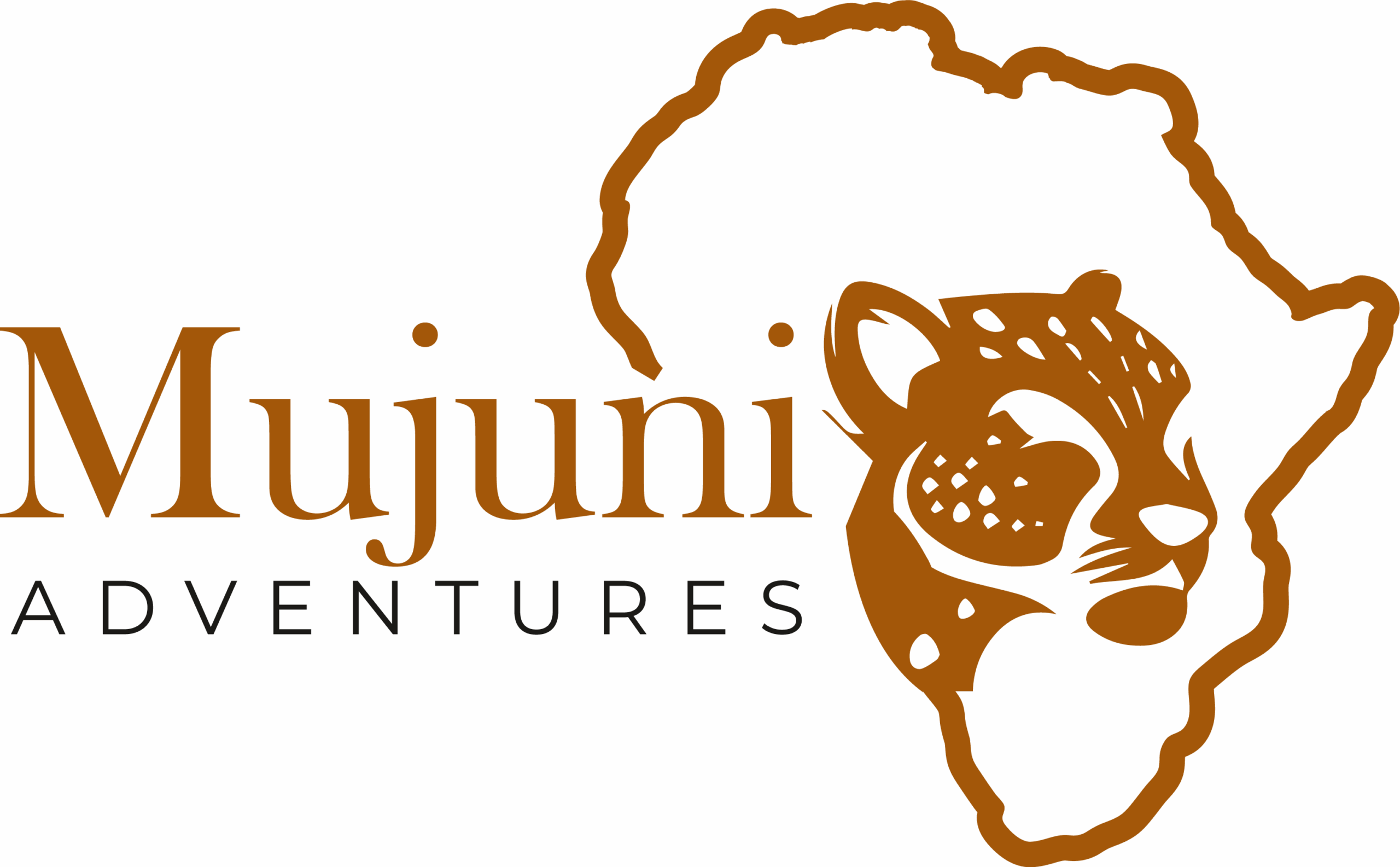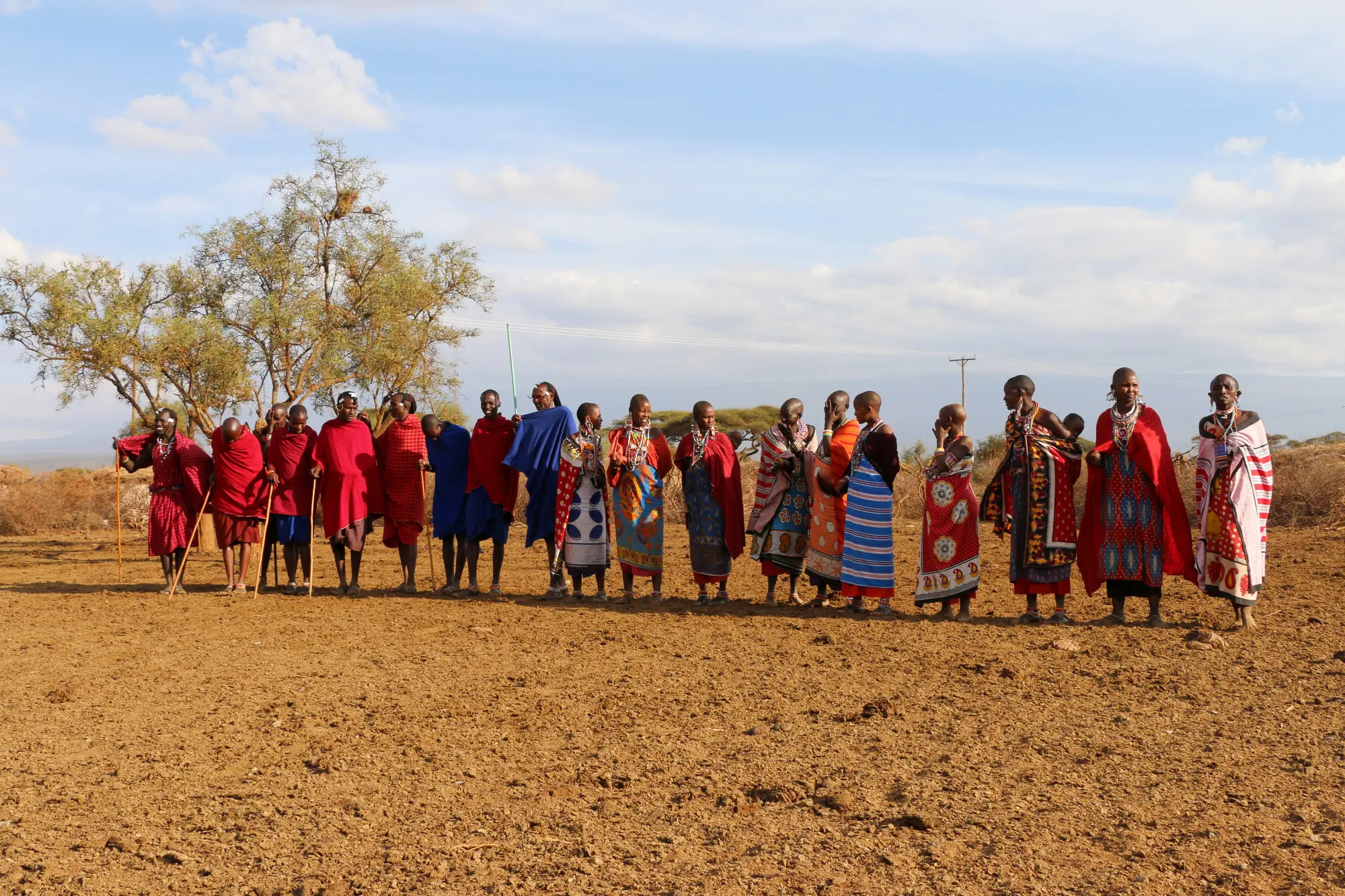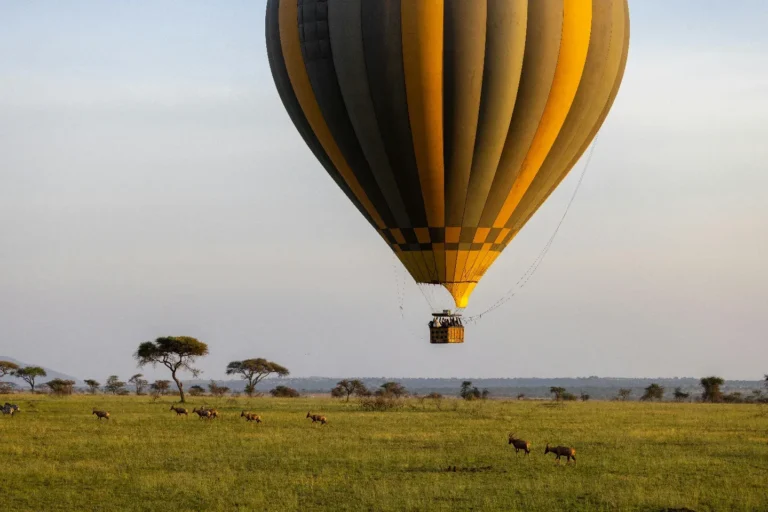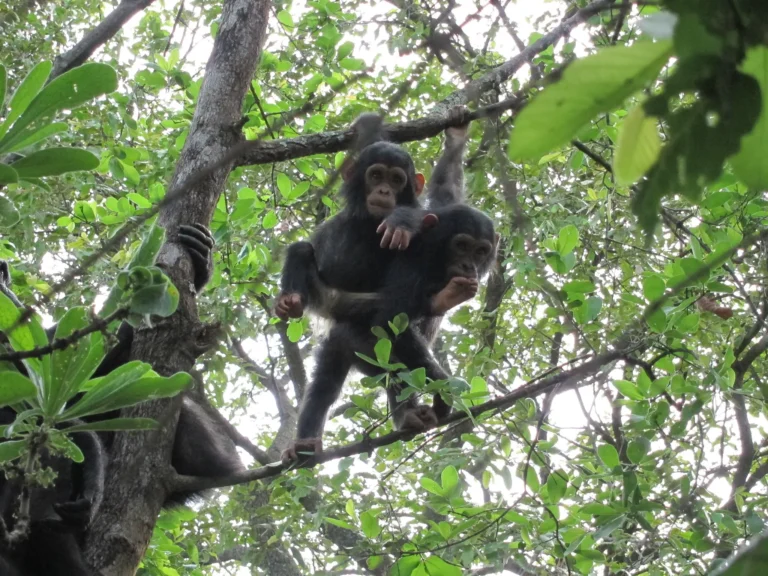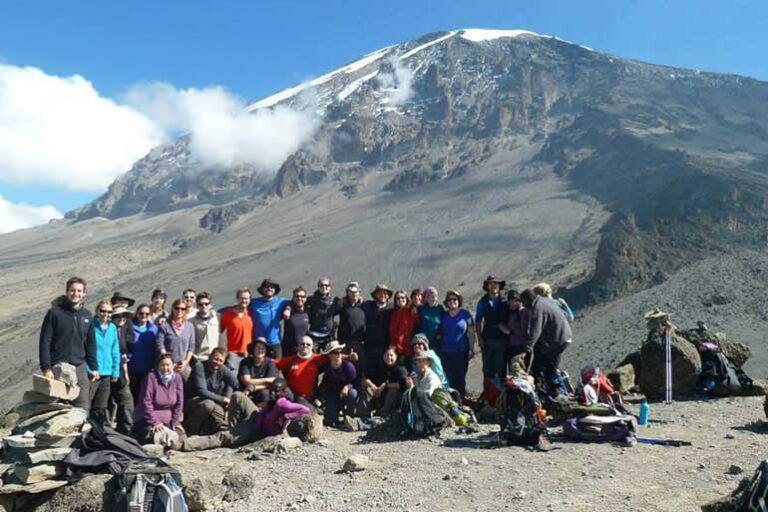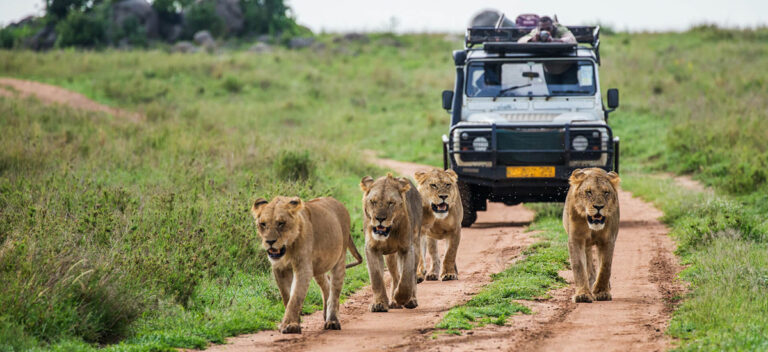Maasai Tribe in Tanzania: Guardians of the Ecosystem
The Maasai, a semi-nomadic ethnic group native to East Africa, are perhaps best known for their distinctive culture, colorful clothing, and close relationship with the region’s wildlife. In Tanzania, where a significant Maasai population resides, these indigenous people play a crucial role in preserving the local ecosystem. This article explores the Maasai tribe’s unique contributions to conservation efforts in Tanzania.
Historical Context:
The Maasai have inhabited the East African savannas, including Tanzania, for centuries. Their traditional lifestyle revolves around cattle herding, but their lands often overlap with critical wildlife habitats.
Coexistence with Wildlife:
One of the most remarkable aspects of the Maasai’s relationship with the ecosystem is their ability to coexist harmoniously with wildlife. Unlike many other communities, the Maasai have refrained from hunting and killing predators, such as lions and cheetahs, that might threaten their cattle. This tolerant attitude has helped protect these charismatic species.
Cattle Herding and Grazing Management:
Cattle are central to Maasai culture and economy. Despite the challenges of sustaining livestock in arid regions, the Maasai have developed sustainable grazing practices. They have a deep understanding of the land’s carrying capacity, ensuring that their cattle do not overgraze and damage the ecosystem.
Conservation Partnerships:
The Maasai have been active partners in wildlife conservation initiatives in Tanzania. Collaborations with conservation organizations have led to programs that benefit both wildlife and the Maasai people. These programs include wildlife corridors, community-based conservation, and eco-tourism.
Eco-Tourism and Cultural Preservation:
Many Maasai communities have embraced eco-tourism as an alternative livelihood. Tourists are drawn to Maasai villages to learn about their culture and way of life. The revenue generated from eco-tourism provides economic incentives for conserving wildlife habitats.
Challenges and Threats:
Despite their valuable contributions to ecosystem preservation, the Maasai face several challenges. Encroachment on their lands for agriculture and development, as well as climate change impacts, threaten their traditional way of life and the ecosystems they help protect.
The Maasai tribe in Tanzania stands as a testament to the potential for human communities to coexist harmoniously with wildlife and contribute significantly to ecosystem preservation. Their unique cultural values, sustainable grazing practices, and partnerships with conservation organizations serve as a model for achieving a balance between human development and environmental conservation. Recognizing and supporting the Maasai’s role in safeguarding Tanzania’s ecosystem is essential for the long-term health of this biodiverse region.
